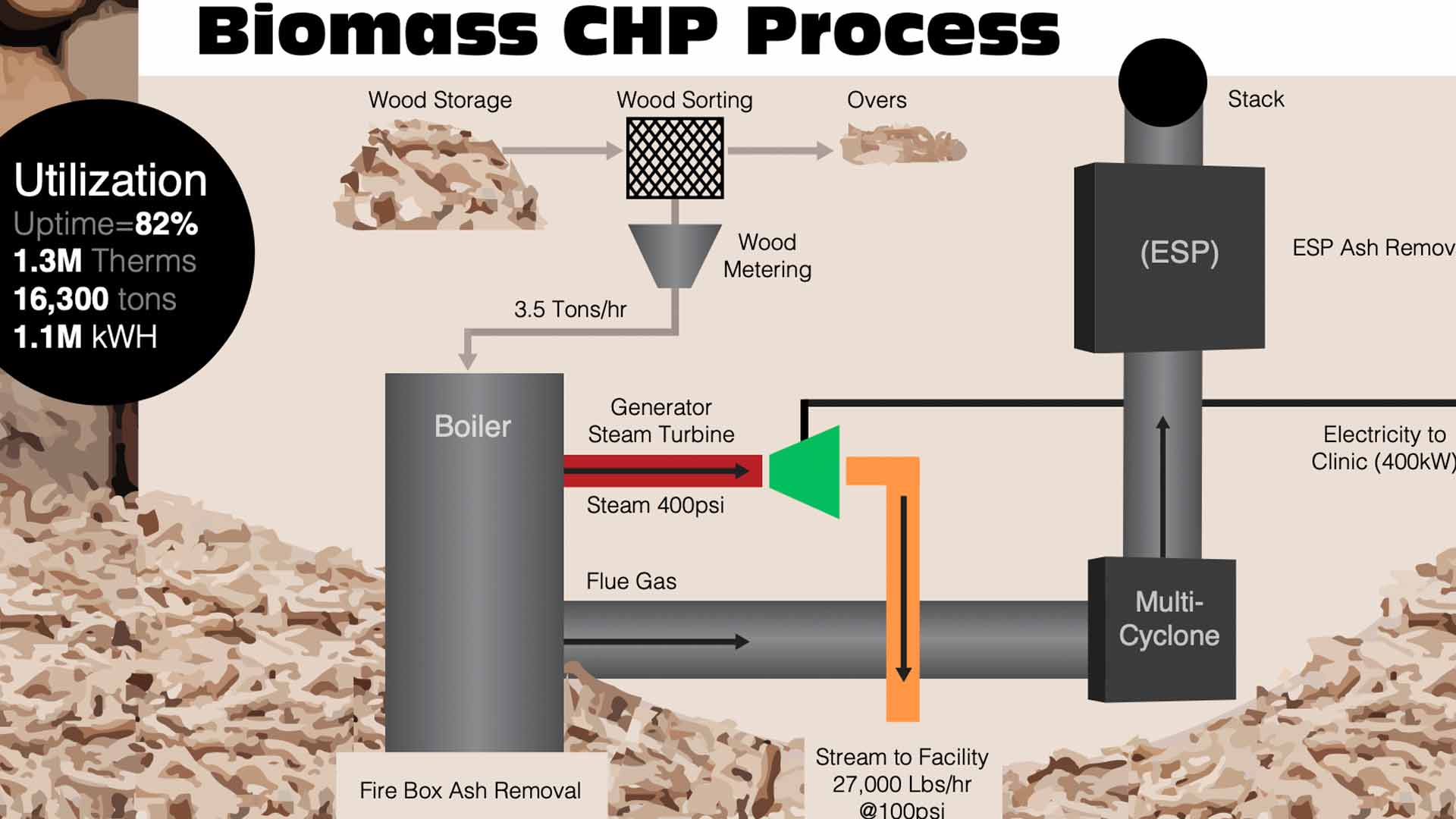–by Liz Morrison
The Minnesota Renewable Energy Roundtable aims to make Minnesota a national and global leader in green energy.
First convened in 2006 by AURI, the Roundtable brings people and ideas together to spur renewable energy development. Today, participants represent more than 200 Minnesota businesses, government agencies, universities, economic development groups, and non-profits from all over the state, says Nan Larson, director of AURI Innovative Networks. Partner organizations include:
- AURI
- University of Minnesota
- Minnesota State Colleges and Universities
- Minnesota Department of Commerce
- Minnesota Department of Agriculture
The Roundtable provides a regular forum to share research and new ideas with people who have the know-how to bring promising innovations to market, Larson says. Among the topics that have been explored at recent Roundtables:
- Wood biomass uses and opportunities
- Biomass combined heat and power opportunities and economics
- Emerging technologies for high-value molecules from biomass
- Biofuel policy and regulation
A Roundtable coming up later this year will focus on producing commercial biogas from anaerobic digestion of agricultural wastes.
One of the most important Roundtable benefits is networking, Larson says. “Every organization represented at the Roundtable brings varying perspectives and understanding of renewable energy.” In addition, the Roundtable connects entrepreneurs with resources and scientific expertise, helping to speed up commercialization of new products and ideas, she says.
Roundtable exchanges and networking have laid the groundwork for many renewable energy ventures in the state.
One of the most significant is biodiesel, says Doug Root, a renewable energy scientist at AURI’s Marshall lab. Many Roundtable participants had a hand in developing and promoting federal and state biodiesel mandates, which created a market for the renewable transportation fuel made from soybean oil. In 2014, Minnesota became the first state to require all diesel fuel sold in the state to be 10 percent biodiesel in the summer and 5 percent in the winter.
The Roundtable has sparked innovation in other renewable energy areas, too:
- Biomass gasification. Several Minnesota companies have experimented with gasification, and the University of Minnesota in Morris operates a corn stover gasifier, which heats and cools the campus.
- Minnesota GreenStep Cities. Initial discussions at the Roundtable were the impetus for this state assistance and recognition program, which helps cities reach their sustainability goals.
- Renewable energy workforce needs. Roundtable participants helped identify renewable energy workforce training needs and gaps, leading to new courses at the Minnesota State Colleges and Universities System.
- Biofuel use in gas turbines. Several Roundtable organizations, including Xcel Energy, have worked together to test the feasibility of using biofuels in gas turbines.
- Biobutanol experimentation. Biobutanol production has been explored at Roundtables for several years. Three Minnesota companies are examining this technology.
- Expanded use of ethanol and biodiesel coproducts. Research and development by Roundtable participants has led to more use of distillers grains, glycerin and other renewable energy processing coproducts.

